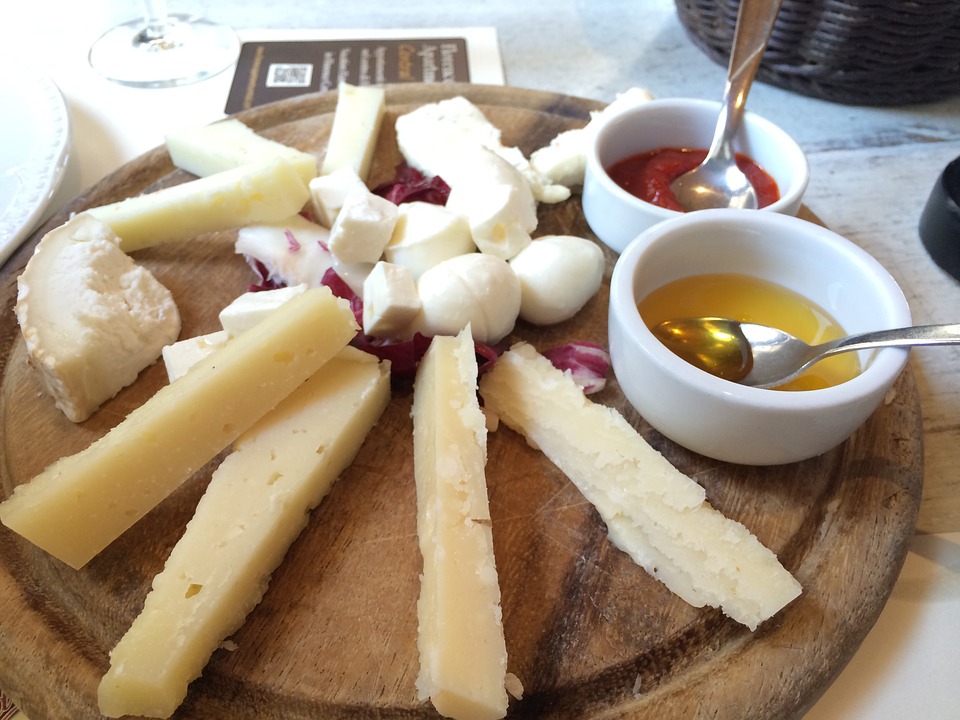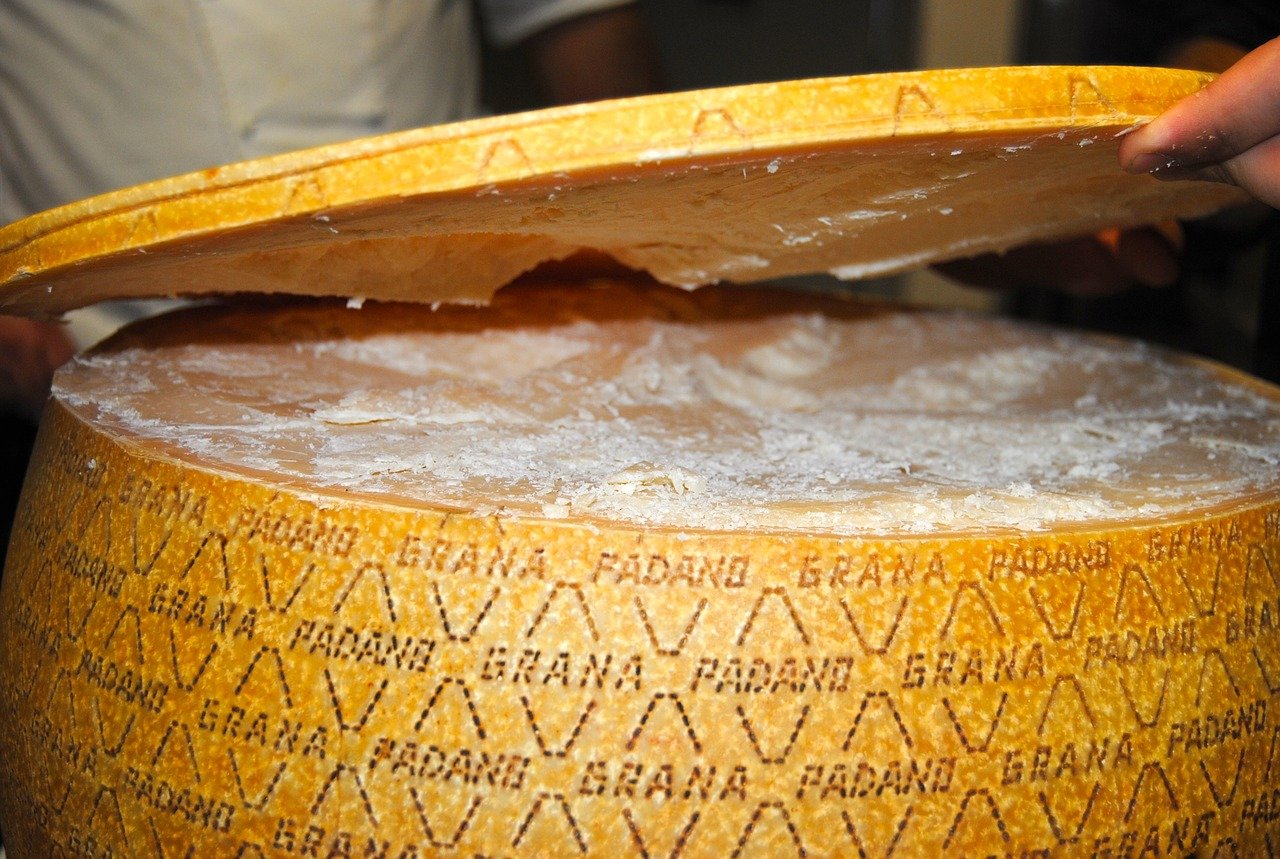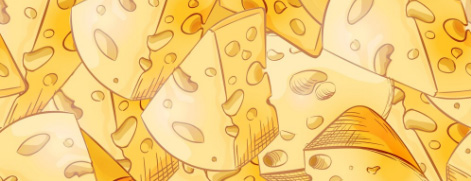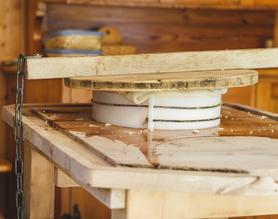What Are the Best Parmesan Cheese Substitutes and How to Choose Them?

No cheese lover would want to replace their parmesan cheese with any other variety. It is undisputedly the best hard cheese you can use to make your spaghetti, shepherd's pie, macaroni and cheese, casseroles, etc. It has a grainy texture with a salty and tangy flavor.
But even if you love it so much, you can't spend a fortune on just a piece of cheese. A full wheel of real parmesan can cost over $1,000. And this amount is at least three times more than any other cheese. Any parmesan cheese substitute is a great option if you don't prefer shelling out that much money on your cheese.
Why is Parmesan Expensive?
There are reasons why parmesan is costly. The biggest reason is its production, which the Italian government largely controls. Till now, it is manufactured using traditional methods to maintain its medicinal benefits.
Secondly, it requires significantly more milk than any other cheese. Approximately 16 liters of milk is used to make one kilo of parmesan. The third and biggest reason is its maturity time. Parmesan cheese is only allowed to leave the factory after 12 months, and then it is categorized in terms of its maturity. All these factors eventually affect its price.
How To Choose a Parmesan Cheese Substitute?
You can find many kinds of cheese that can deliver a somewhat similar texture and flavor profile as that of parmesan and can be used as a parmesan cheese substitute. Here are some popular substitutes.
Grana Padano

Grana Padano is a less expensive version of parmesan but similar in texture. It has a hard, granular texture, which quickly melts in your mouth. This semi-fat cow milk cheese comes from the Po Valley region of northern Italy. It has a nutty flavor with hints of brown butter and intense fruitiness balanced with a saltier taste. It has a mild taste and is less crumbly than parmesan.
Asiago
Coming from the northeastern region of Italy, it is a semi-hard cheese. Its texture is smoother than parmesan but is still crumbly like parmesan. It's mildly flavored, with a sweet and nutty flavor and a hint of saltiness. You can find different versions of it based on the aging process. The longer it is aged, the more complex and sharper in taste it would be. So, choose your cheese based on the intensity of flavor you prefer.
Pecorino Romano
Pecorino can be your pick as its base flavor and texture are very close to parmesan. It is a dense and crumbly hard cheese. But unlike parmesan, it is made from sheep's milk and has more fat content. It can be your option if you like a sharper, tangier flavor in your cheese. But note that it is saltier than parmesan, and you need to be careful using it on your soups.
Piave
Piave is another Italian cow's milk cheese similar to parmesan and is known as parmesan's cousin. It's aged cheese, nearly 12 months, mostly known for its umami flavors and toasty nuttiness. It is creamier than parmesan tends to be on the sweeter side. It is sold at five maturation periods. Make sure your Piave is dense without any open holes when you go buy it.
Vegan Parmesan Cheese
If you recently turned vegan or are lactose intolerant, this is the option for you. Vegan parmesan is not cheese, but it still has a similar nutty texture and flavor. It is made of nutritional yeast, hemp seeds, salt, garlic, and onion powder. The hemp gives it a nutty texture, while the nutritional yeast makes it taste like cheese. The garlic and onion give it a unique and complex taste mimicking the umami flavor.
You can find many other less-expensive parmesan cheese substitutes in a local grocery store or online. Try to buy your cheese only after you've tasted it to make sure that your cheese is appropriate for your recipe and suits your taste. If you want cheese with less fat, then go with goat cheese. It has less fat content than cow cheese and much lower than buffalo cheese. Finally, make sure you check the country of origin on the packet and other information before buying your cheese.



